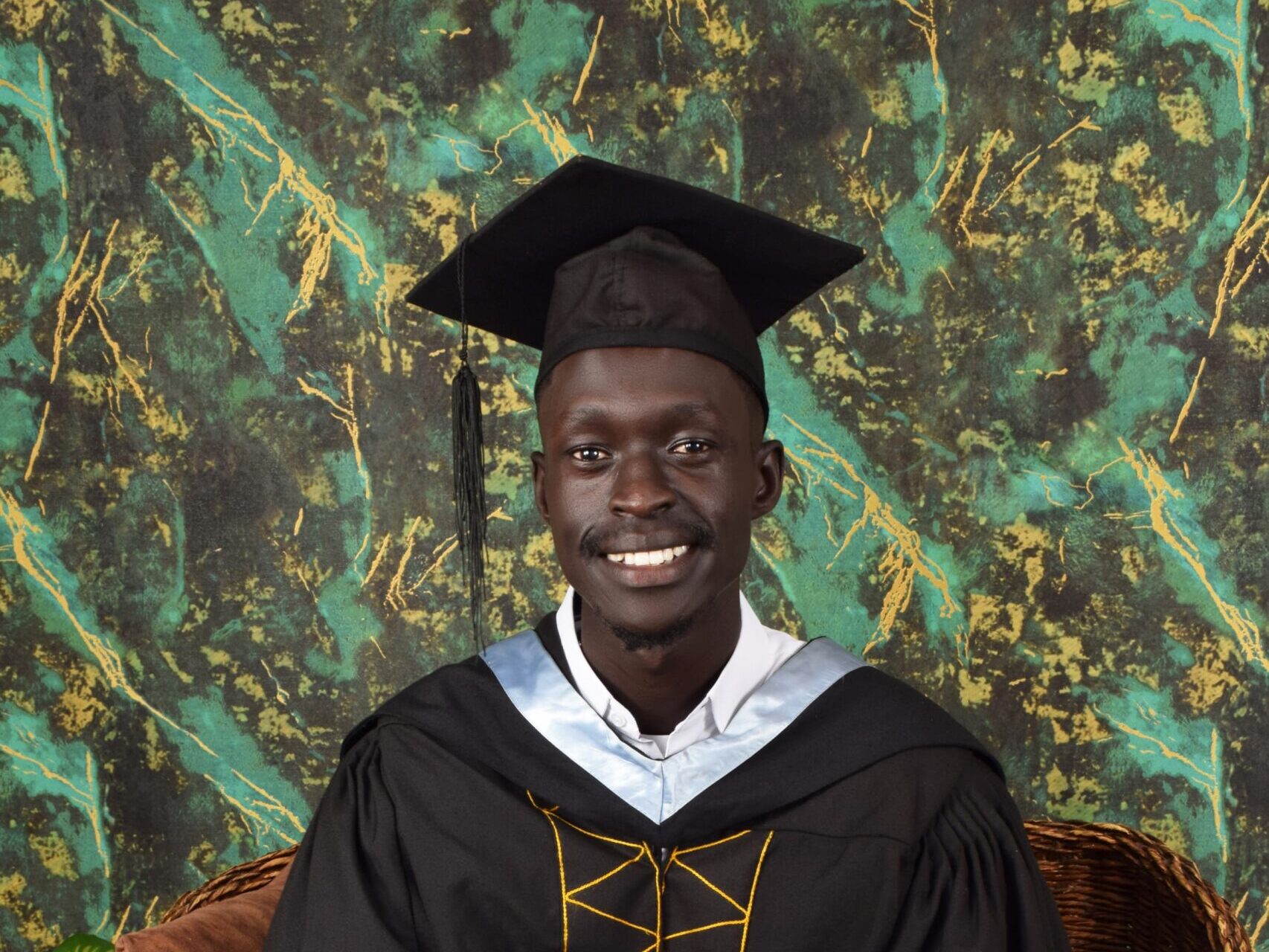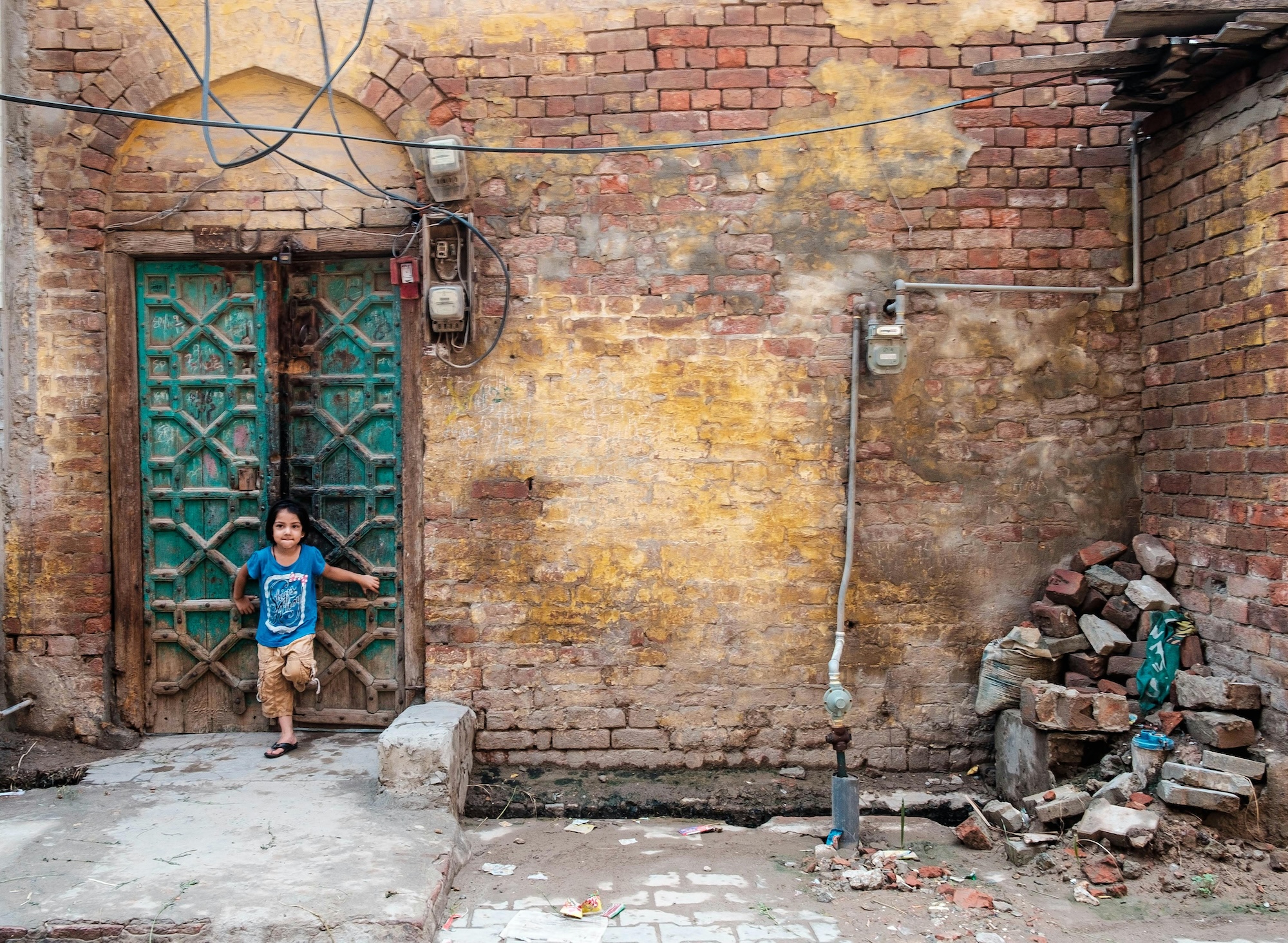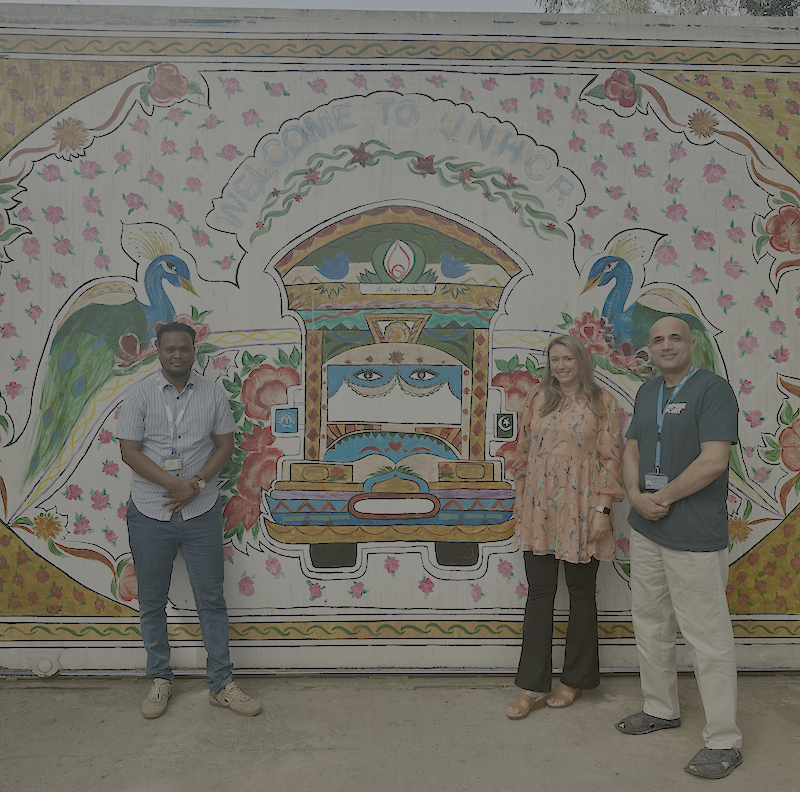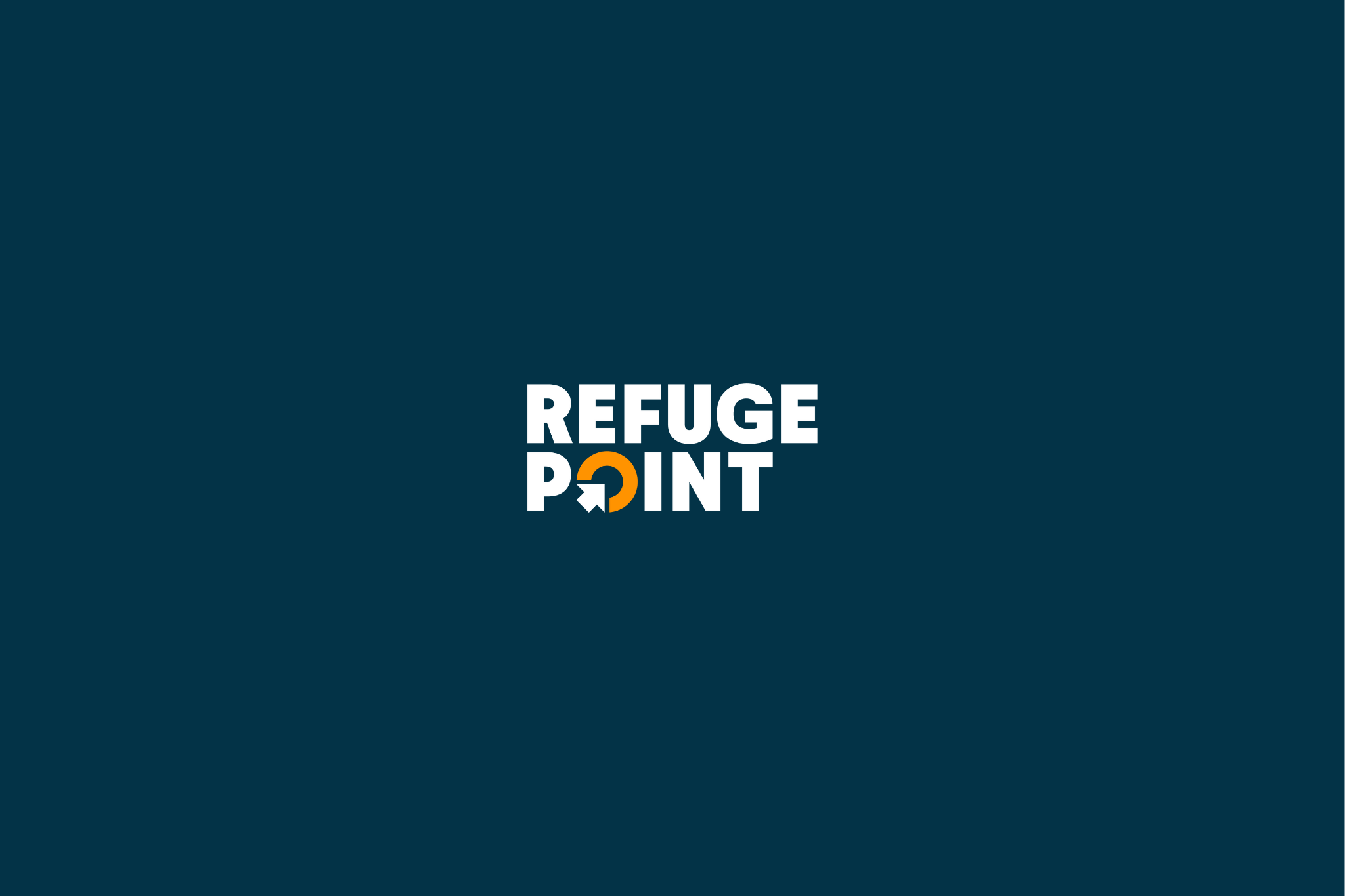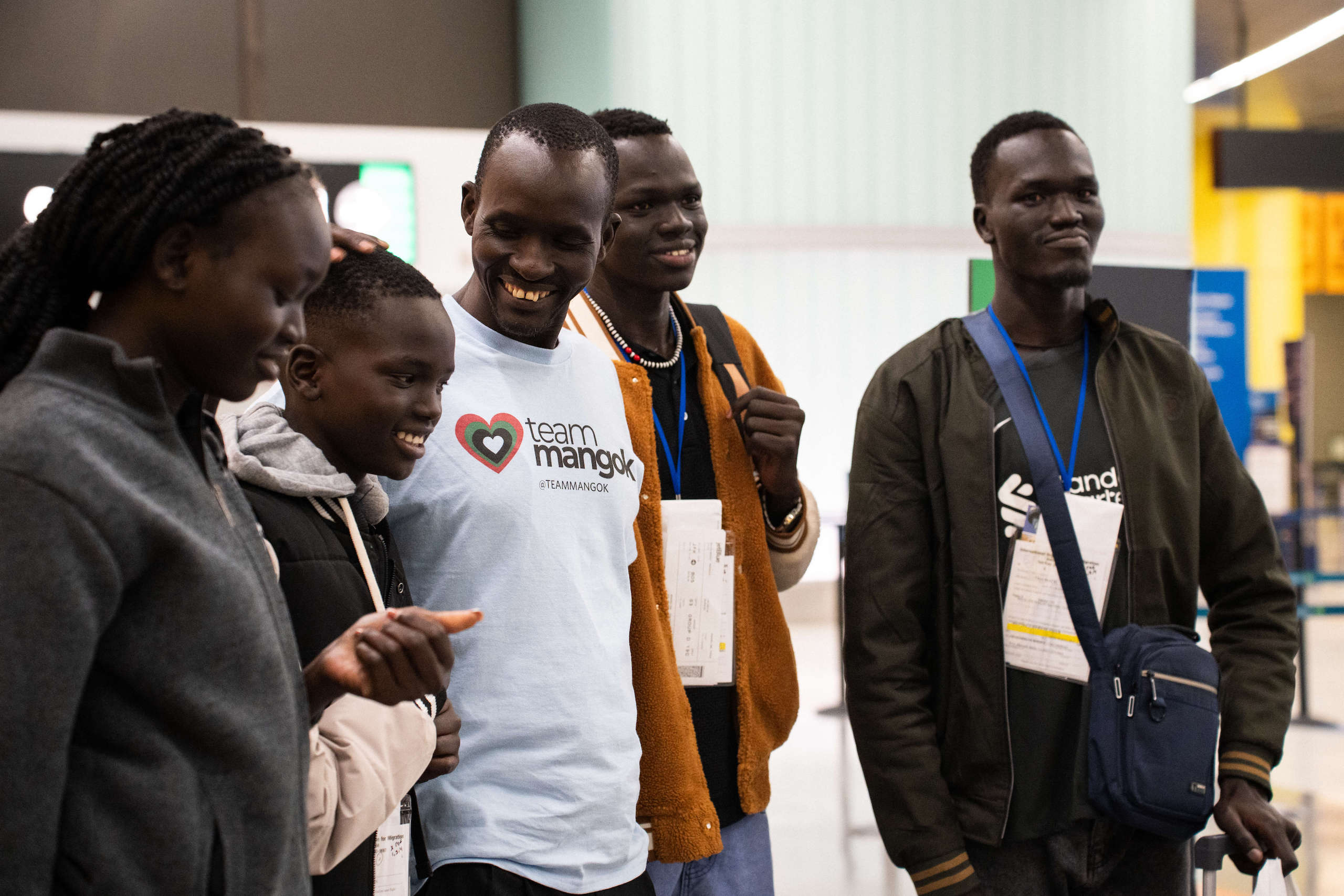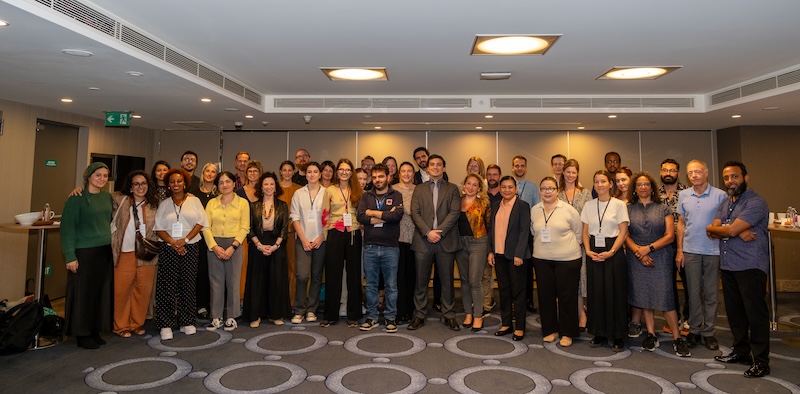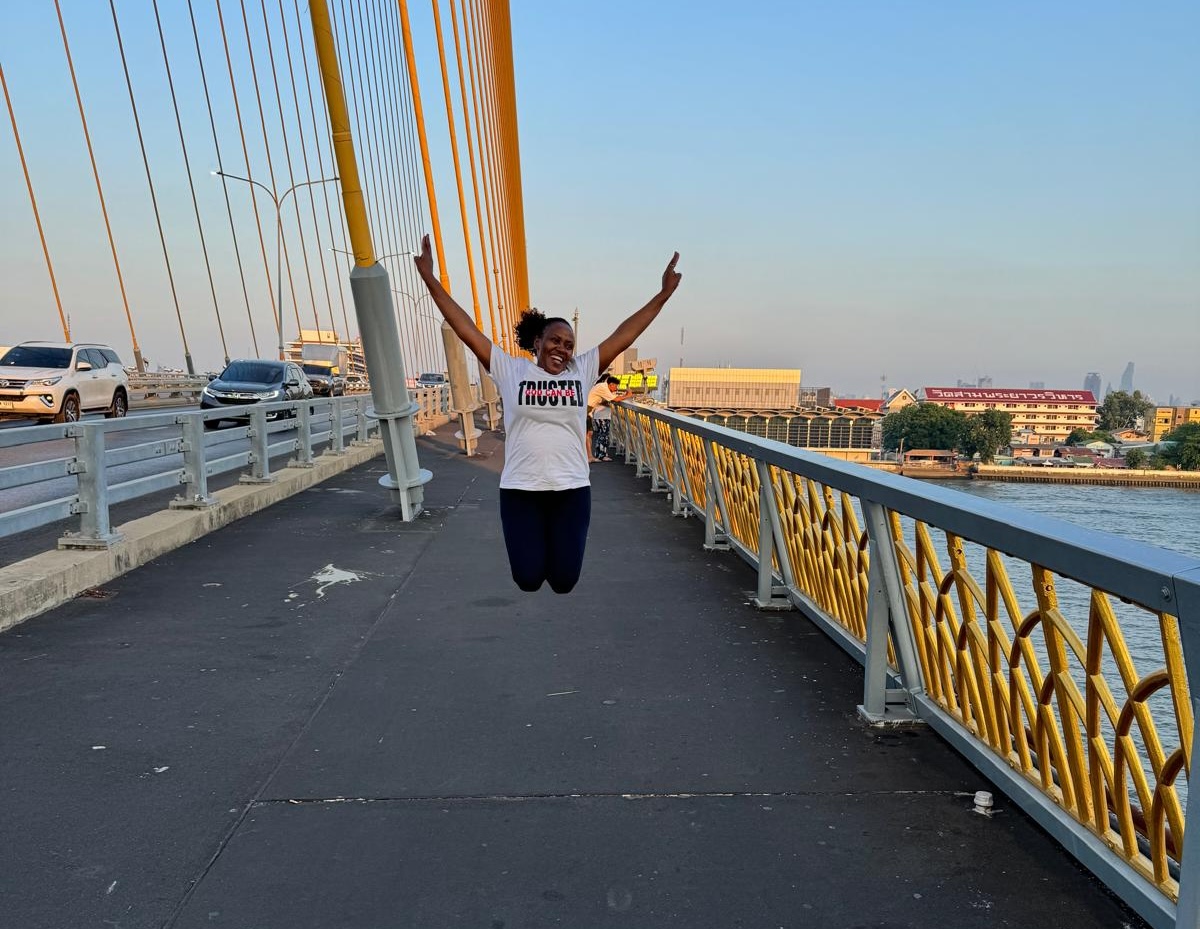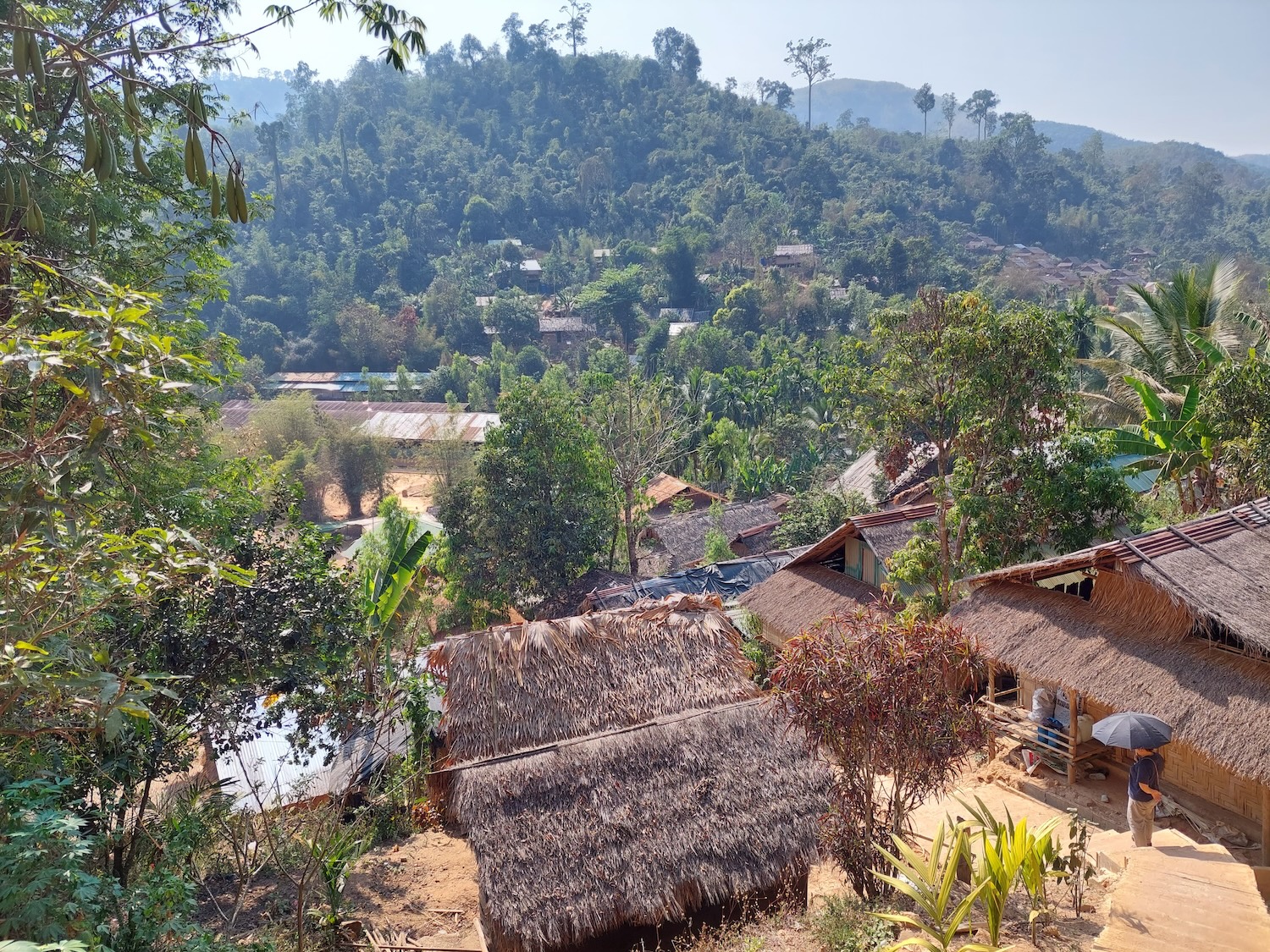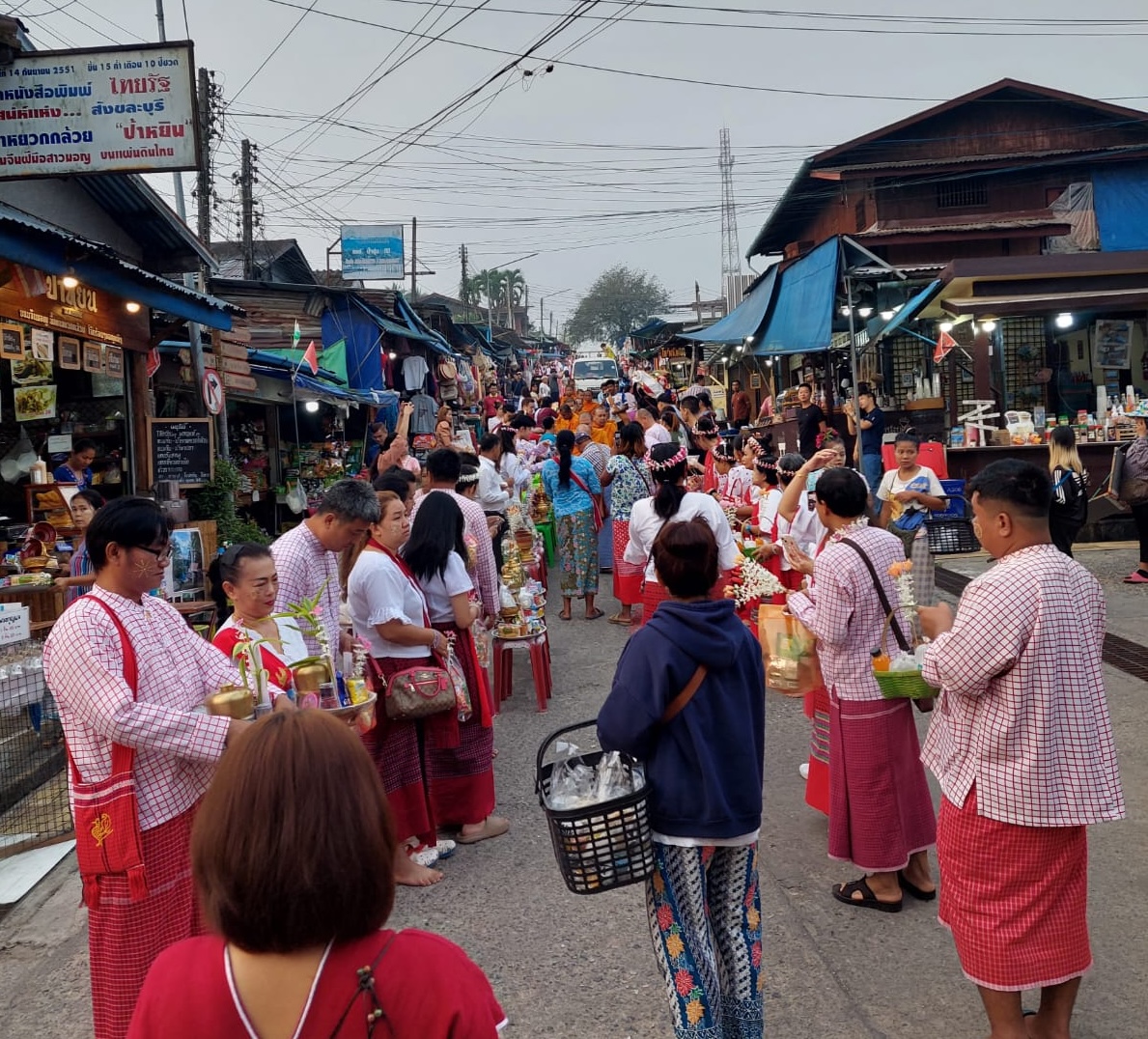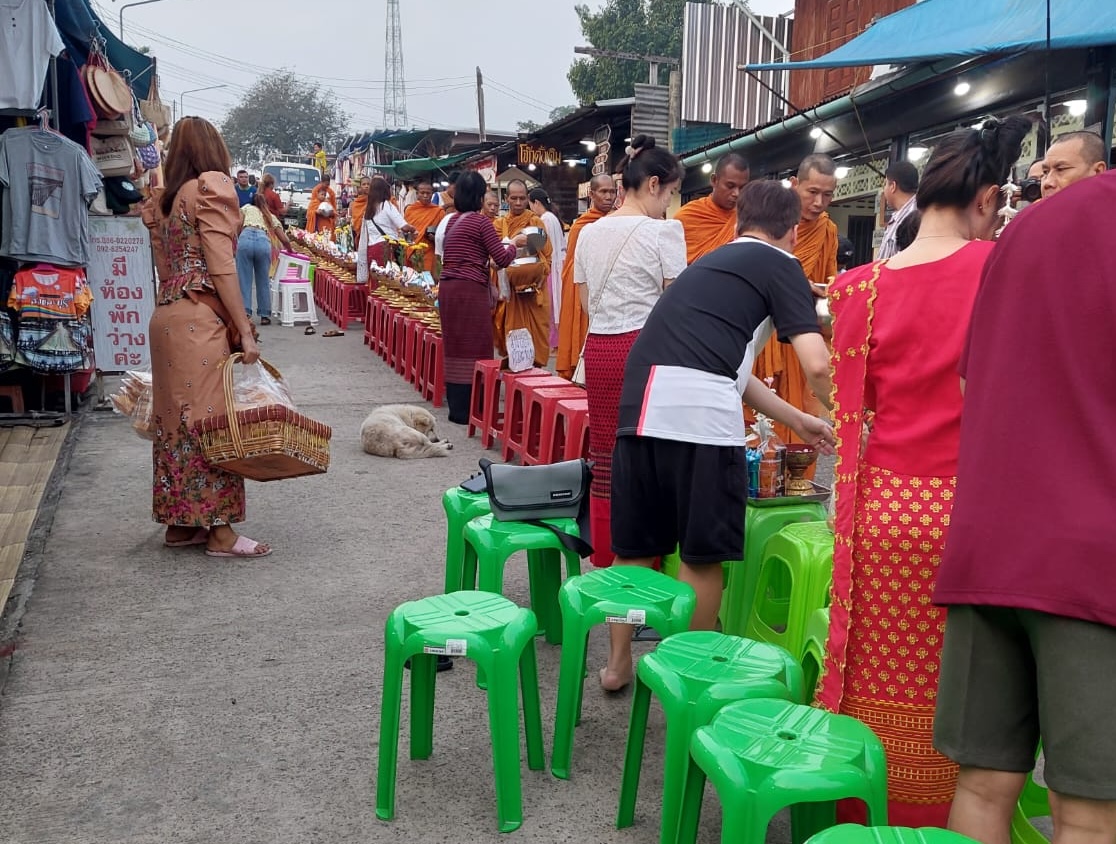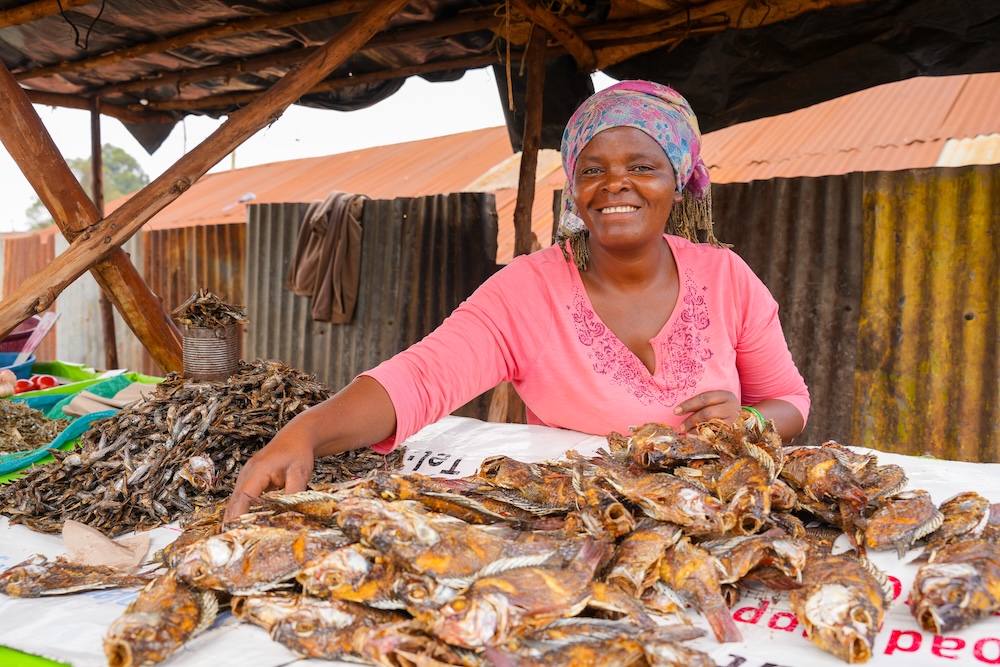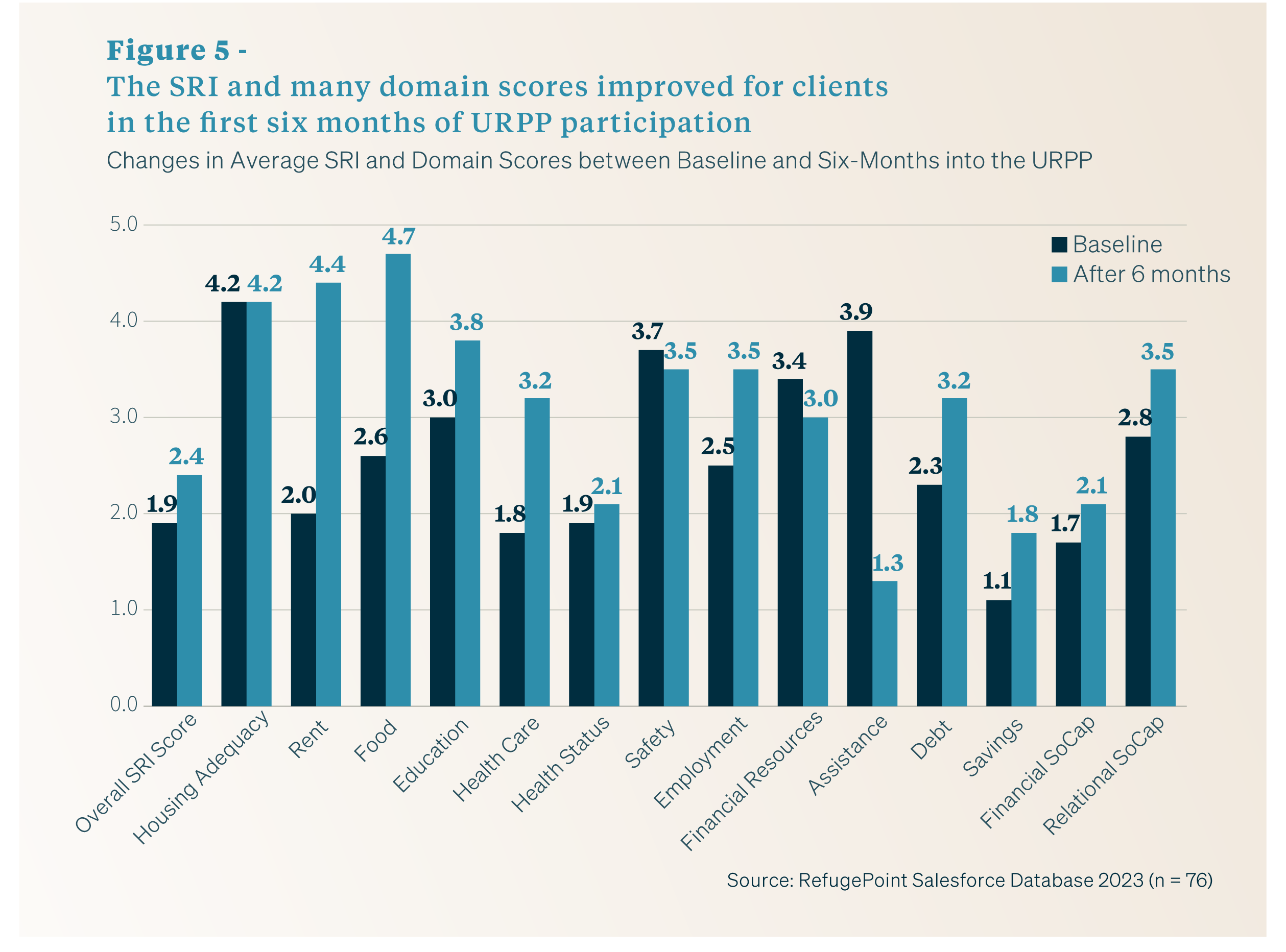
Immigration remains one of the most misunderstood and debated issues globally, and in the United States, is central in the political conversation. Myths and misconceptions often portray immigrants and refugees as harmful to the economy and security. These falsehoods overshadow the numerous ways in which immigrants enrich American society, economy, and culture.
Here are five key truths about immigration in the U.S. that dispel common myths and show how vital immigrants are to the country.
One of the most persistent myths about immigration is that newcomers take jobs away from others or that they are a drain on the economy. This couldn’t be further from the truth. Numerous studies and economic analyses show that immigrants and refugees are, in fact, critical contributors to economic growth.
Many immigrants bring an entrepreneurial spirit and a wealth of skills that lead to job creation, not job losses. According to research from the National Foundation for American Policy, immigrants in the U.S. are almost twice as likely to start a business compared to native-born citizens. These immigrant-owned businesses, both large and small, provide millions of jobs. Companies like Google, Tesla, and eBay were founded by immigrants or their children, showing the profound impact that immigrants can have on the American economy.
Immigrants also fill labor shortages in industries where native-born workers are either unwilling or unable to meet demand. For instance, sectors like agriculture, construction, and healthcare often rely on immigrant labor to fill essential roles. Without these workers, many businesses would face significant setbacks, leading to higher costs and reduced productivity across the economy.
In certain regions in Canada, there have been significant labor shortages in the healthcare sector, construction, and other industries. RefugePoint has partnered with the Government of Canada and the United Nations High Commissioner for Refugees (UNHCR) to help fill these labor gaps by supporting qualified and experienced refugees living in Kenya to immigrate to Canada through work-based visas.
Through this Economic Mobility Pathways Pilot, refugees are able to relocate to Canada on a path to permanent residency, advance their careers, rebuild their lives, and benefit communities facing labor market shortages.

Another overlooked truth about immigration is that it enriches the cultural fabric of societies. Diversity, brought about by immigration, fosters creativity, innovation, and a broader exchange of ideas. Immigrants and refugees introduce new perspectives, traditions, and values, creating more vibrant communities and workplaces.
Many of the world’s most innovative ideas have emerged from the intersection of different cultures and experiences. Immigrants bring unique insights from their home countries, leading to breakthroughs in science, technology, the arts, and other fields. Research published in Harvard Business Review found that culturally diverse teams are more creative and better at solving problems than homogenous teams. In today’s globalized world, immigration is key to maintaining a competitive edge in innovation.
Immigration doesn’t just benefit innovation and business; it also helps create more inclusive and understanding communities. As immigrants share their traditions, food, and customs, native-born citizens gain new experiences, fostering empathy and mutual respect. By breaking down barriers between cultures, immigration strengthens the social fabric of countries, making them more resilient and adaptable.
A common misconception is that immigrants are a burden on public services, draining resources such as healthcare, education, and welfare. However, research consistently shows that immigrants contribute more in taxes than they receive in benefits over their lifetime.
Immigrants, both documented and undocumented, pay billions of dollars in taxes every year. In the U.S., for example, undocumented immigrants contribute approximately $11.7 billion annually in state and local taxes, according to the Institute on Taxation and Economic Policy. Additionally, immigrants contribute significantly to social security systems, often without being eligible to claim benefits themselves. This means they are bolstering public resources without adding strain.
Immigrants also bolster public services by filling critical roles in sectors like healthcare and education. Many immigrants work as doctors, nurses, teachers, and caregivers, addressing labor shortages in these essential fields. Without immigrant labor, many communities would face severe gaps in service provision. This is why programs like the Economic Mobility Pathway Pilot and the US Refugee Admissions program are absolutely vital.
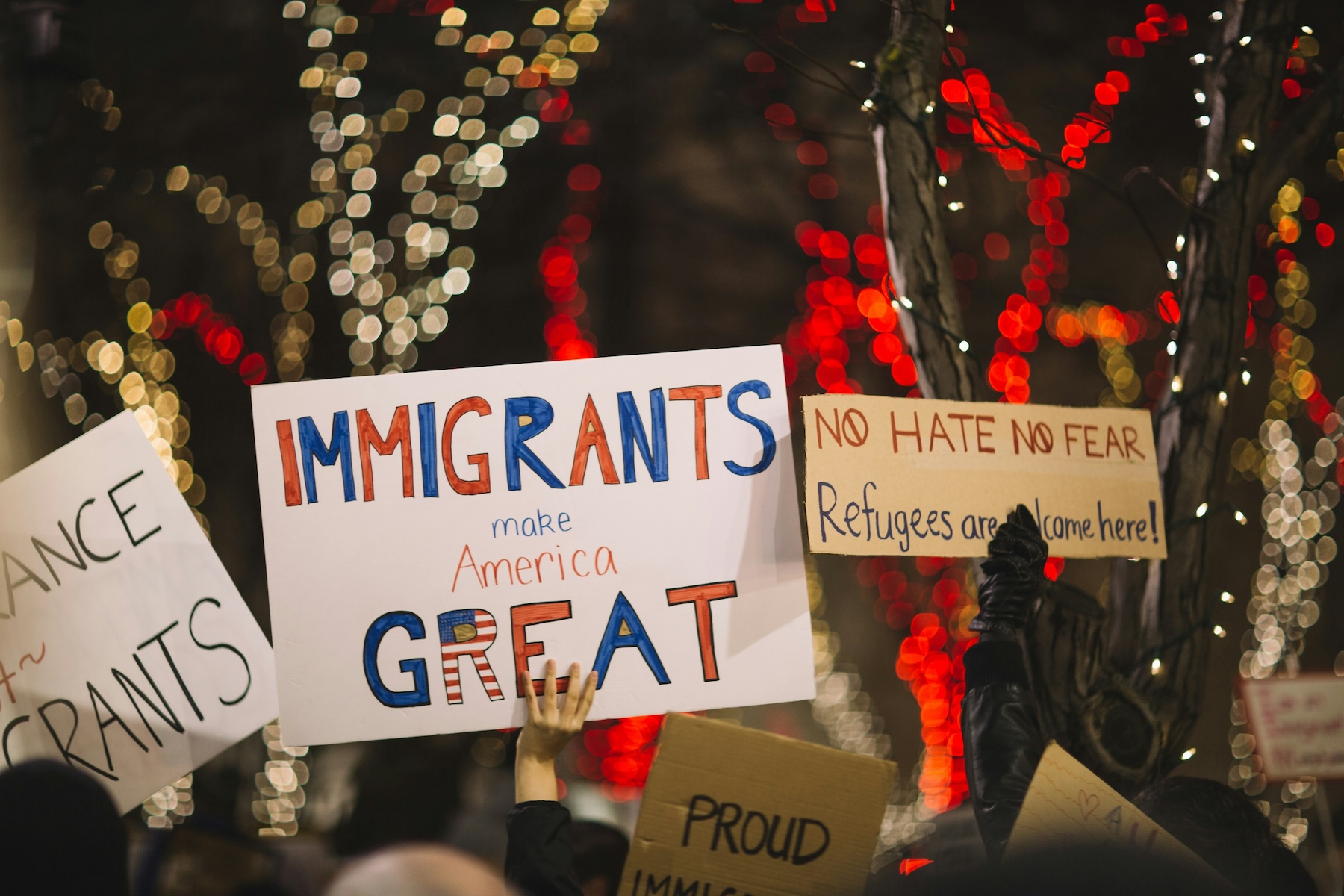
The United States, like many other countries, is facing an aging population, with declining birth rates and an increasing number of retirees. This demographic shift is putting pressure on the workforce and public resources. Immigration provides a critical solution by introducing younger workers into the economy, helping to offset the impact of an aging population.
On average, immigrants and refugees are younger than native-born Americans, meaning they are more likely to be in the workforce. By adding young, working-age people to the economy, immigration helps balance out the growing number of retirees. According to the Pew Research Center, without immigration, the U.S. workforce would shrink, which could slow economic growth and reduce the country’s ability to support its aging population.
Furthermore, as baby boomers retire, immigrants are increasingly needed to fill roles in sectors like healthcare and eldercare. Without immigrants and refugees, these industries would face even greater workforce shortages, leaving many elderly Americans without the care they need. Recently in Canada, many skilled refugees have legally resettled to work as Continuing Care Assistants, supporting the health of aging Canadians.
Despite misconceptions that immigrants pose security risks, the truth is that immigration enhances national security by promoting stability and integration. Immigrants and refugees who come to the U.S. for a better life are often fleeing violence, persecution, and instability in their home countries. By providing legal pathways to citizenship and inclusion, the U.S. strengthens its own security.
Immigrants who are integrated into American society through education, employment, and community engagement are more likely to contribute positively to their communities. Programs that promote immigrant integration, such as English language education and workforce training, help immigrants build a sense of belonging and investment in their new country.
Studies have shown that immigrant communities contribute to public safety by reducing crime rates in their neighborhoods. Research from the American Immigration Council has consistently demonstrated that immigrants are less likely to commit crimes than native-born citizens, debunking the myth that immigration is linked to higher crime rates.
Legal immigration channels, such as employment-based visas and family reunification, help the U.S. track and vet individuals entering the country. These systems allow for proper background checks and ensure that people coming into the U.S. are screened, contributing to overall security. Expanding these legal pathways for immigration can also reduce the number of people attempting to cross borders illegally, further enhancing national security.
Immigration has played a key role in the development and prosperity of the United States, and it continues to do so today. From economic growth to cultural diversity, immigration brings a wealth of benefits that positively impact our country.
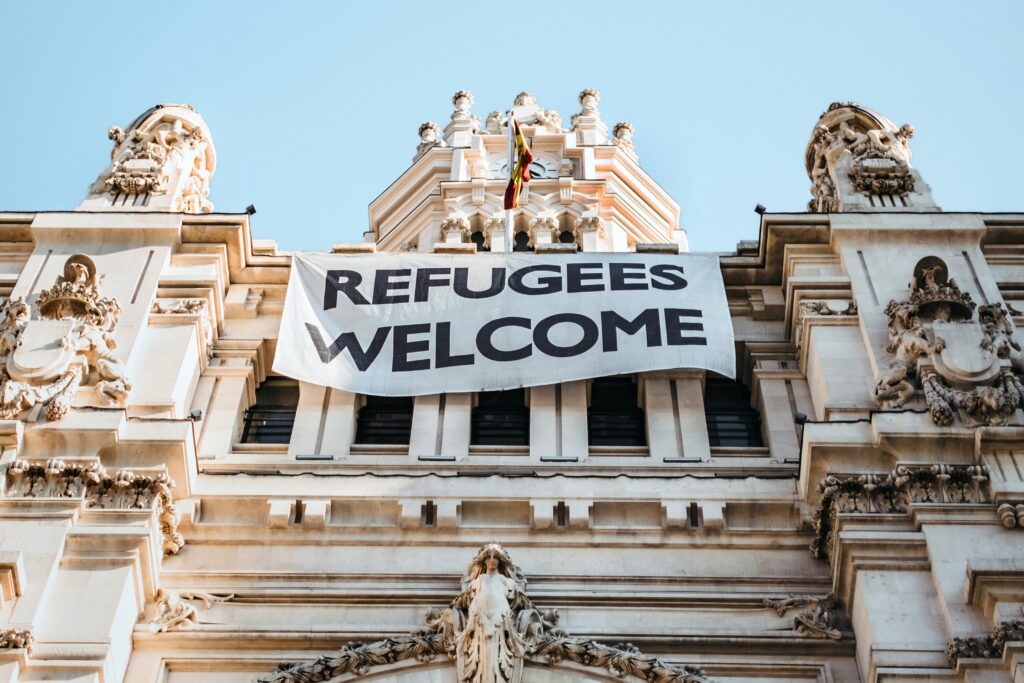
The narrative that immigration harms the United States is not only false, but it overlooks the countless ways in which immigrants and refugees strengthen the country. From driving economic growth and innovation to enriching American culture and addressing demographic challenges, immigrants are a vital part of the U.S. fabric. Dispelling myths about immigration is essential to creating a more inclusive and prosperous future for all.
Understanding these truths about immigration allows us to see the full picture: Immigrants and refugees don’t take—they give. They contribute their skills, culture, and hard work to help build a stronger, more resilient United States.

Immigration remains one of the most misunderstood and debated issues globally, and in the United States, is central in the political conversation. Myths and misconceptions often portray immigrants and refugees as harmful to the economy and security. These falsehoods overshadow the numerous ways in which immigrants enrich American society, economy, and culture.
Here are five key truths about immigration in the U.S. that dispel common myths and show how vital immigrants are to the country.
One of the most persistent myths about immigration is that newcomers take jobs away from others or that they are a drain on the economy. This couldn’t be further from the truth. Numerous studies and economic analyses show that immigrants and refugees are, in fact, critical contributors to economic growth.
Many immigrants bring an entrepreneurial spirit and a wealth of skills that lead to job creation, not job losses. According to research from the National Foundation for American Policy, immigrants in the U.S. are almost twice as likely to start a business compared to native-born citizens. These immigrant-owned businesses, both large and small, provide millions of jobs. Companies like Google, Tesla, and eBay were founded by immigrants or their children, showing the profound impact that immigrants can have on the American economy.
Immigrants also fill labor shortages in industries where native-born workers are either unwilling or unable to meet demand. For instance, sectors like agriculture, construction, and healthcare often rely on immigrant labor to fill essential roles. Without these workers, many businesses would face significant setbacks, leading to higher costs and reduced productivity across the economy.
In certain regions in Canada, there have been significant labor shortages in the healthcare sector, construction, and other industries. RefugePoint has partnered with the Government of Canada and the United Nations High Commissioner for Refugees (UNHCR) to help fill these labor gaps by supporting qualified and experienced refugees living in Kenya to immigrate to Canada through work-based visas.
Through this Economic Mobility Pathways Pilot, refugees are able to relocate to Canada on a path to permanent residency, advance their careers, rebuild their lives, and benefit communities facing labor market shortages.

Another overlooked truth about immigration is that it enriches the cultural fabric of societies. Diversity, brought about by immigration, fosters creativity, innovation, and a broader exchange of ideas. Immigrants and refugees introduce new perspectives, traditions, and values, creating more vibrant communities and workplaces.
Many of the world’s most innovative ideas have emerged from the intersection of different cultures and experiences. Immigrants bring unique insights from their home countries, leading to breakthroughs in science, technology, the arts, and other fields. Research published in Harvard Business Review found that culturally diverse teams are more creative and better at solving problems than homogenous teams. In today’s globalized world, immigration is key to maintaining a competitive edge in innovation.
Immigration doesn’t just benefit innovation and business; it also helps create more inclusive and understanding communities. As immigrants share their traditions, food, and customs, native-born citizens gain new experiences, fostering empathy and mutual respect. By breaking down barriers between cultures, immigration strengthens the social fabric of countries, making them more resilient and adaptable.
A common misconception is that immigrants are a burden on public services, draining resources such as healthcare, education, and welfare. However, research consistently shows that immigrants contribute more in taxes than they receive in benefits over their lifetime.
Immigrants, both documented and undocumented, pay billions of dollars in taxes every year. In the U.S., for example, undocumented immigrants contribute approximately $11.7 billion annually in state and local taxes, according to the Institute on Taxation and Economic Policy. Additionally, immigrants contribute significantly to social security systems, often without being eligible to claim benefits themselves. This means they are bolstering public resources without adding strain.
Immigrants also bolster public services by filling critical roles in sectors like healthcare and education. Many immigrants work as doctors, nurses, teachers, and caregivers, addressing labor shortages in these essential fields. Without immigrant labor, many communities would face severe gaps in service provision. This is why programs like the Economic Mobility Pathway Pilot and the US Refugee Admissions program are absolutely vital.

The United States, like many other countries, is facing an aging population, with declining birth rates and an increasing number of retirees. This demographic shift is putting pressure on the workforce and public resources. Immigration provides a critical solution by introducing younger workers into the economy, helping to offset the impact of an aging population.
On average, immigrants and refugees are younger than native-born Americans, meaning they are more likely to be in the workforce. By adding young, working-age people to the economy, immigration helps balance out the growing number of retirees. According to the Pew Research Center, without immigration, the U.S. workforce would shrink, which could slow economic growth and reduce the country’s ability to support its aging population.
Furthermore, as baby boomers retire, immigrants are increasingly needed to fill roles in sectors like healthcare and eldercare. Without immigrants and refugees, these industries would face even greater workforce shortages, leaving many elderly Americans without the care they need. Recently in Canada, many skilled refugees have legally resettled to work as Continuing Care Assistants, supporting the health of aging Canadians.
Despite misconceptions that immigrants pose security risks, the truth is that immigration enhances national security by promoting stability and integration. Immigrants and refugees who come to the U.S. for a better life are often fleeing violence, persecution, and instability in their home countries. By providing legal pathways to citizenship and inclusion, the U.S. strengthens its own security.
Immigrants who are integrated into American society through education, employment, and community engagement are more likely to contribute positively to their communities. Programs that promote immigrant integration, such as English language education and workforce training, help immigrants build a sense of belonging and investment in their new country.
Studies have shown that immigrant communities contribute to public safety by reducing crime rates in their neighborhoods. Research from the American Immigration Council has consistently demonstrated that immigrants are less likely to commit crimes than native-born citizens, debunking the myth that immigration is linked to higher crime rates.
Legal immigration channels, such as employment-based visas and family reunification, help the U.S. track and vet individuals entering the country. These systems allow for proper background checks and ensure that people coming into the U.S. are screened, contributing to overall security. Expanding these legal pathways for immigration can also reduce the number of people attempting to cross borders illegally, further enhancing national security.
Immigration has played a key role in the development and prosperity of the United States, and it continues to do so today. From economic growth to cultural diversity, immigration brings a wealth of benefits that positively impact our country.

The narrative that immigration harms the United States is not only false, but it overlooks the countless ways in which immigrants and refugees strengthen the country. From driving economic growth and innovation to enriching American culture and addressing demographic challenges, immigrants are a vital part of the U.S. fabric. Dispelling myths about immigration is essential to creating a more inclusive and prosperous future for all.
Understanding these truths about immigration allows us to see the full picture: Immigrants and refugees don’t take—they give. They contribute their skills, culture, and hard work to help build a stronger, more resilient United States.
